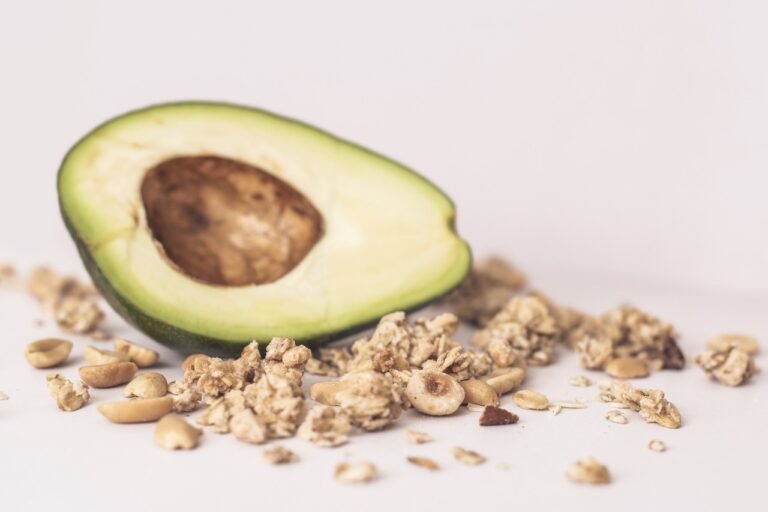Intermittent Fasting: A Comprehensive Guide

In a world where diets and health trends change like fashion seasons, intermittent fasting stands out, not just as a temporary trend, but as a sustainable, evidence-based approach to healthful living. While some use it to shed pounds, others embrace it to boost their overall health. Research indicates its positive impacts on the body and brain, potentially enhancing longevity.
this guide serves as your comprehensive introduction to intermittent fasting.
What is Intermittent Fasting (IF)?
Fasting has deep roots in human history. Before the convenience of refrigerators and 24/7 supermarkets, people often didn’t eat simply because there wasn’t always food available. Additionally, fasting has been a significant component of various religious and spiritual practices. So, what’s intermittent fasting? It’s simply choosing certain times to eat and certain times to skip meals. It’s not about the food you eat, but when you eat it.
Popular IF Methods
16/8 Method: This method involves fasting for 16 hours and fitting all meals within an 8-hour window. Many people achieve this by simply skipping breakfast.
5:2 Diet: For two non-consecutive days a week, you limit intake to 500-600 calories. The other five days involve regular eating.
Eat-Stop-Eat: This entails a full 24-hour fast, once or twice a week.
The 16/8 Method is popular because it’s the easiest to follow.
Benefits Beyond the Scale
While weight loss is a notable outcome, the advantages of IF extend beyond the physical:
Human Growth Hormone (HGH): During fasting, the production of HGH increases. This hormone is crucial for growth, metabolism, weight loss, and muscle strength.
Insulin Regulation: Fasting helps in lowering blood sugar levels, which in turn reduces insulin levels. Lower insulin levels mean the body can use stored fat more efficiently for energy.
Gene Expression: Fasting can cause changes in how genes work. These changes can help protect against diseases and might even increase lifespan.
Cell Cleanup: When fasting, our cells get better at cleaning out damaged parts, a process known as autophagy.
Brain Benefits: Fasting boosts a protein that aids brain function and guards against some brain diseases.
Heart Health: Intermittent fasting may lower blood pressure, cholesterol, and other factors linked to heart health.
Reduction in Inflammation: Fasting can reduce signs of inflammation, a key driver of many common diseases.
Weight Management: Limiting eating times often leads to a natural reduction in calorie intake, promoting weight loss.
Fat Burning: Fasting helps the body use up stored fat more effectively.
Clearer Mind: Many people report better concentration and clearer thinking during their fasting periods.
Research on intermittent fasting is continually evolving, and while there’s promising evidence of its benefits, it’s essential to acknowledge that the field is still in its early stages.
Is intermittent Fasting for everyone?
Intermittent fasting isn’t suitable for everyone. It’s important to consult a healthcare professional before starting, especially if you fall into any of these categories:
- Individuals with a history of eating disorders.
- People with certain medical conditions or on specific medications.
- Pregnant or breastfeeding women.
how to get started?
Choose Your Method: Select an intermittent fasting method that suits your lifestyle and goals. Popular options include the 16/8 method, the 5:2 diet, and the Eat-Stop-Eat approach.
Gradual Adjustment: If you’re new to fasting, start with shorter fasting periods and gradually extend them as your body adapts.
Prioritize Sleep: Ensure you get enough rest, as lack of sleep can trigger hunger and stress hormones.
Choosing Nutrient-Dense Foods: To get started on the right foot, focus on selecting nutrient-dense foods that provide essential vitamins and minerals while keeping you full and energized, especially during your fasting window,
pay attention to Your Body: Pay attention to how you feel. If you experience discomfort or adverse effects, reconsider your fasting window or method.
Side Effects
Intermittent fasting may lead to hunger, as it involves not eating for a specific period. Additionally, some individuals may experience lower energy levels. However, the potential health benefits of intermittent fasting, such as weight loss and improved metabolic health, often outweigh these temporary drawbacks. To deal with hunger, it can be helpful to engage in activities like work or study, redirecting your focus away from food.






